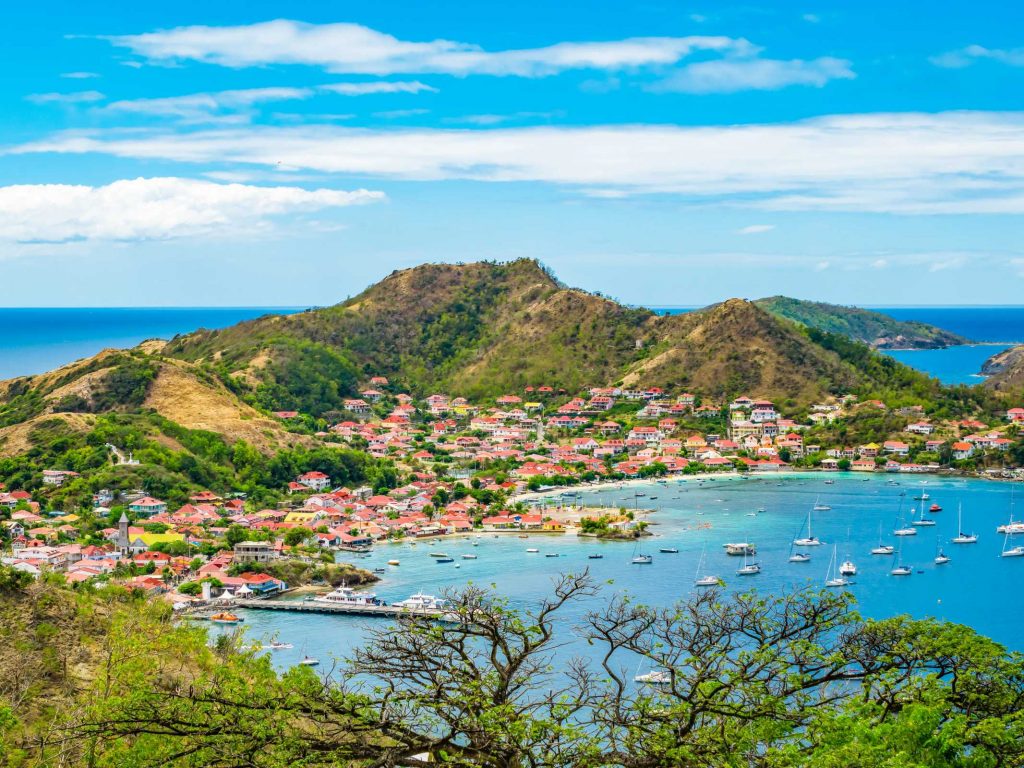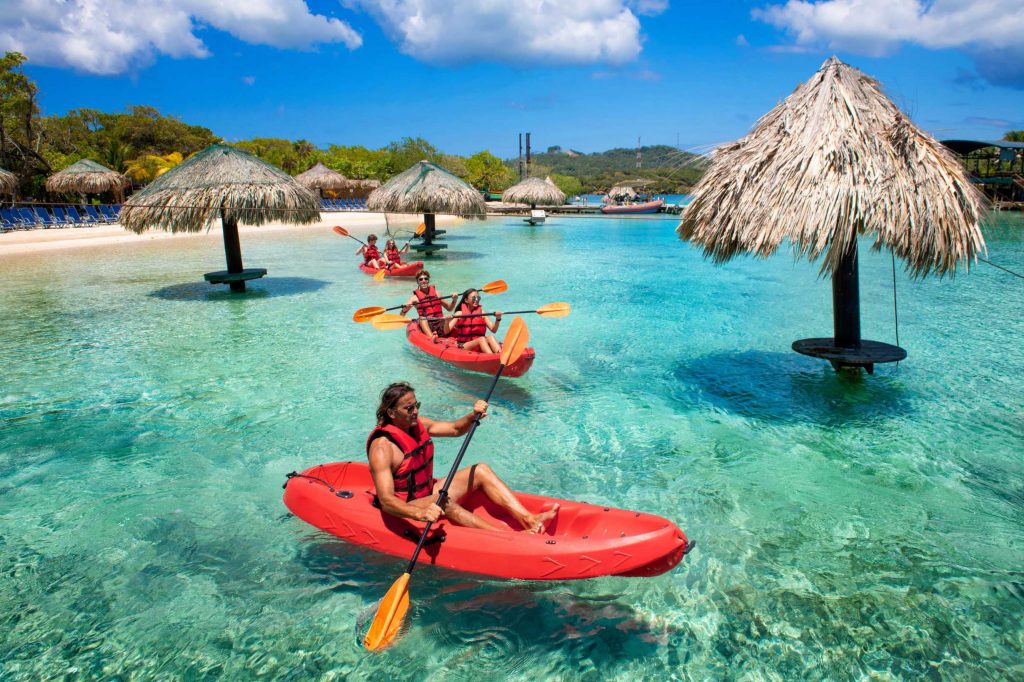Table of Contents
If you are interested in pursuing higher Study in the Caribbean, there are several things to consider before making a decision. Learn about the minimum age requirement, how much it costs, and whether or not free online courses are available. Also, be aware that not all Caribbean universities are accredited, which could pose a problem if you want to become a physician or dentist in the United States.
Minimum Age Requirement To Study in the Caribbean
The minimum age requirement to study in the Caribbean varies by country. For example, at the University of Trinidad and Tobago, you must be 16 years old. However, the University of the West Indies has no minimum age requirement. However, in order to enrol in medical school, you must be at least 18 years old by December 31 of the year of entry. If you want to study nursing, you must be at least 17 years old. There are exceptions to these age requirements, however, and students have been accepted into Caribbean universities even though they are below the minimum age requirement.

The Caribbean has many scholarships available to international students. These are often awarded by the government or by private organizations. The Cuban government awards merit-based scholarships to university students, while Barbados offers a number of scholarships for Barbados citizens. It is best to research these scholarships and apply for them from your home country. Some scholarships have specific deadlines, so make sure to check them out ahead of time.
The Caribbean is home to a large number of immigrants from other parts of the world. However, they are generally older than other foreign-born immigrants. In the United States, there are 4.4 million people from the Caribbean living in the country. These immigrants make up 10% of the nation’s foreign-born population.
Caribbean medical schools are among the top choices of MBBS aspirants from around the world. The cost-effectiveness and quality of Caribbean medical education make the region a desirable destination for aspiring doctors. Additionally, some Caribbean medical schools offer in-house placements and scholarships to their top scorers.
Cost of Studying in the Caribbean
Caribbean colleges and universities offer similar educational programs to those in the United States, ranging from 2-year associate’s degrees to four-year bachelor’s degrees. However, not all Caribbean universities are fully accredited, which may pose problems when applying for residency or medical licenses in the United States. As such, students must obtain academic evaluations before they can apply for a program.

Caribbean medical schools have high academic standards and are geared toward international students. Tuition fees start at approximately $4,000 per semester. One of the most affordable medical schools in the Caribbean is All Saints University in Dominica. The university is run by a Toronto-based international university and has a foreign office in Chicago.
The cost of Caribbean medical schools varies widely. In some cases, tuition can range anywhere from under $100,000 to almost $300,000. However, when it comes to costs, it is important to consider the accreditation status of medical schools. Graduates of Caribbean medical schools may not be able to practice medicine in the United States and are often saddled with huge debt. Furthermore, the high attrition rate in these schools makes loan repayment difficult. However, some Caribbean medical schools offer grants to cover some of the costs.
Students who are considering a medical degree can choose the Study in the Caribbean destination. For example, students studying at the Caribbean Medical University in Curacao will pay around $3,900 per semester for pre-medical and clinical sciences, respectively. Avalon University School of Medicine in Curacao is another affordable option. Avalon University School of Medicine charges around $7,700 per semester for its medical students.
Free Online Courses Offered in the Caribbean
This course examines the history of British colonial slavery in the Caribbean and its legacy. It begins by examining the historical context of the slave trade and moves on to the experiences of those who were enslaved. The course also examines the legacy of slavery and the various labour systems that emerged in its wake. It is led by leading academics from the University of Glasgow.
If you Study in the Caribbean then the Courses offered through the Community Development Department will be a mixture of online and blended learning. These courses will take about three to six months to complete. Students can choose from full-time or part-time courses in areas such as healthcare, human resources, hospitality, and interior architecture. A course in photography may also be a good choice or an introduction to the field.

The Inter-American Development Bank (IDB) is one of the organizations that fosters capacity building in Latin America and the Caribbean. It offers quality massive open online courses that integrate real-world research findings and its 60-year experience in member countries. These courses foster access to peer-recognized training and professional development. IDB Group courses also incorporate diverse intellectual capital from the group’s portfolio and its strategic partners around the world.

